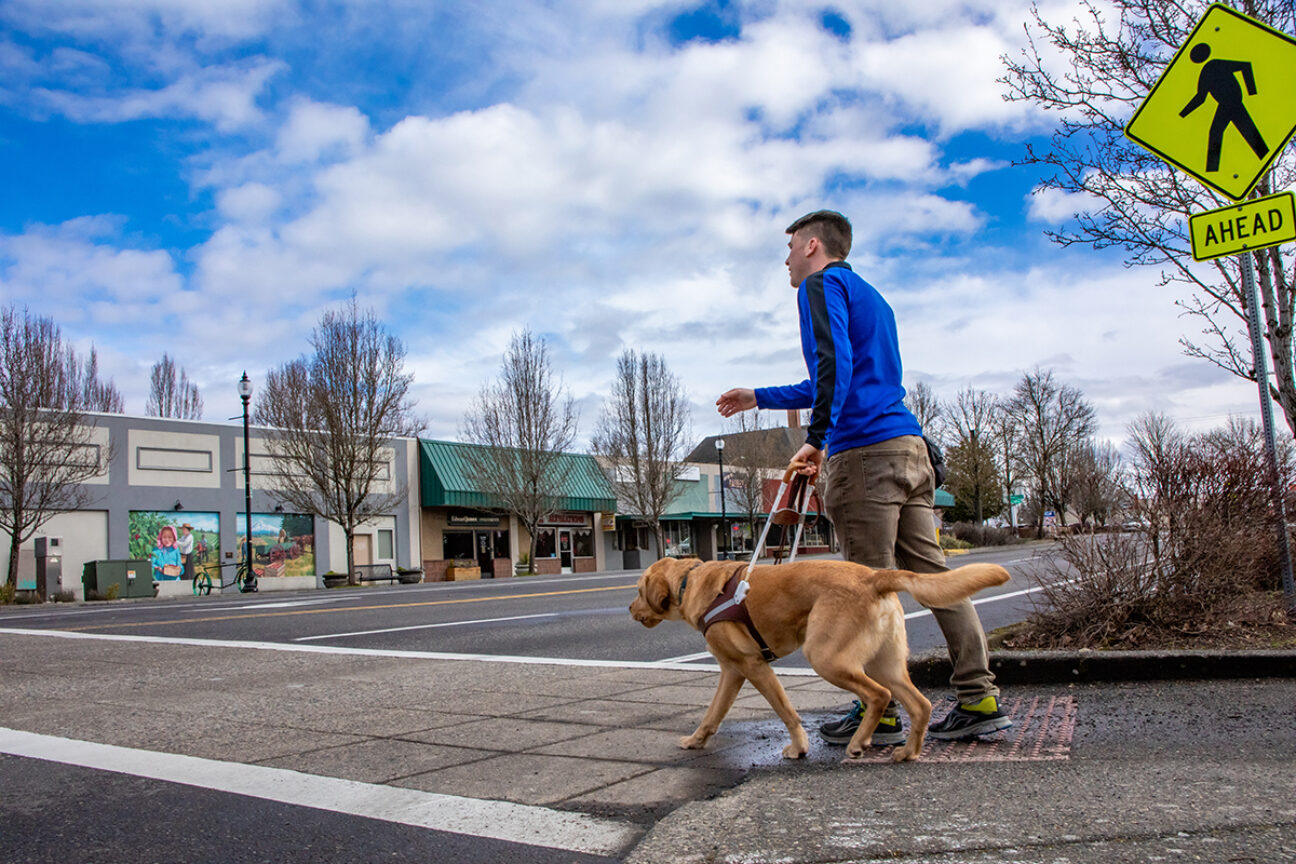Boost Your Skills with Local Dog Training Charlotte Programs
Transform Your Dog With Expert Canine Educating Tips and Strategies
Efficient canine training is a vital part in supporting a courteous and obedient companion. Recognizing the subtleties of canine actions, including their body language and instinctual drives, permits for a much more tailored training method that cultivates better communication and depend on. By executing essential strategies such as uniformity and positive support, animal proprietors can navigate usual difficulties that arise throughout the training process. The trip does not finish there; the intricacies of constructing a strong bond with your pet dog can considerably influence the training outcomes. What are one of the most effective methods to make sure long lasting success?
Recognizing Pet Dog Actions
How can comprehending pet dog actions enhance the training process? A thorough grasp of canine behavior is essential for efficient training. Pet dogs connect via body language, vocalizations, and even faces. By translating these signals, fitness instructors can customize their technique to fulfill the certain needs of each canine, promoting a much more productive training atmosphere.
Recognizing signs of enjoyment, anxiety, or stress and anxiety permits fitness instructors to adjust approaches, ensuring that the pet remains engaged and happy to discover. If a pet exhibits indicators of stress and anxiety throughout a training session, it might be needed to modify the setup or pace to reduce discomfort.
Moreover, understanding the all-natural reactions and social structures of pet dogs can notify training strategies. As an example, knowing that dogs are pack animals helps instructors integrate socializing and team effort into their sessions.

Important Educating Strategies
Effective canine training counts on a range of necessary techniques that establish clear communication between the fitness instructor and the pet dog. These techniques are foundational and serve to create an organized environment for learning.
Among one of the most reliable approaches is uniformity. A regular strategy makes certain that the pet dog recognizes assumptions and can expect actions. Using a set of standard commands and hints is vital; this protects against complication and promotes a trustworthy interaction channel.
Timing is an additional crucial element. Immediate responses, whether corrective or favorable, aids the pet associate activities with results. This reinforces learning and urges preferred actions.
In addition, developing a routine can significantly boost training efficiency. dog training charlotte. Regular training sessions, scheduled at the very same time every day, help pets to involve and prepare for in finding out tasks, thereby strengthening good behaviors
Finally, preserving a tranquility and assertive demeanor throughout training sessions is important. Pets are extremely observant to human emotions and body movement, and a trainer's self-confidence can instill trust fund and determination to discover.
Incorporating these necessary techniques prepares for a successful training experience, advertising an unified connection between the pet and its owner.
Favorable Support Approaches
Structure on the foundation of clear communication established with essential training methods, favorable reinforcement approaches play a critical duty fit desired habits in pets. This method fixate satisfying dogs for displaying actions you wish to encourage, consequently raising the probability of these habits being repeated.
Effective incentives can consist of treats, appreciation, or play, depending upon what encourages your dog most. Timing is vital; incentives should be provided quickly adhering to the desired behavior to produce a clear association in the pet dog's mind. If you desire to teach your canine to sit, award them as soon as they reduce their rear to the ground.
Additionally, varying your benefits can maintain your pet dog involved and inspired. Use high-value treats for testing actions and less complex incentives for reputable commands. It is likewise crucial to slowly eliminate treats as the behavior comes to be regular, transitioning to spoken appreciation or other non-food benefits.
Common Training Obstacles
Several pet dog proprietors run into numerous training obstacles that can hamper development and lead to stress. One typical issue is inconsistency in commands or cues. Pet dogs might come to be baffled and fall short to comprehend what is expected of them. when Recommended Site proprietors do not utilize the very same words or motions continually.
An additional challenge is the absence of focus or attention from the pet. Diversions in the atmosphere, such as various other pets or loud sounds, can draw away a dog's focus, making it challenging to enhance desired Your Domain Name habits (Dog training). This can be especially problematic in public settings or throughout group training sessions

Behavioral issues, such as extreme jumping or barking, can also hinder training development. Attending to these issues calls for a customized method that integrates comprehending the origin reason with carrying out efficient training strategies. Identifying and resolving these typical difficulties can bring about an extra effective and satisfying training experience for both the pet and the proprietor.
Structure a Solid Bond
A strong bond between a dog and its proprietor is basic to effective training and overall well-being. This emotional link improves communication, count on, and mutual regard, making the training process much more effective. To build this bond, uniformity and favorable reinforcement are key components. Consistent regimens give pet dogs with a sense of safety and security, allowing them to grow in their atmosphere.
Engaging in regular, satisfying activities such as walks, play, and training sessions enhances the partnership. These common experiences not only enhance positive actions but additionally produce lasting memories that foster companionship. In addition, comprehending your pet's body language and psychological cues can aid in tailoring your strategy to their distinct individuality, establishing a deeper link.
Furthermore, perseverance is essential. Constructing a bond takes time, and acknowledging small success in your pet's behavior can motivate additional progress. Always technique training with a favorable attitude, as pet dogs are very receptive to their owner's emotions. By spending time in understanding and nurturing this bond, owners will discover that training ends up being a rewarding experience, resulting in a satisfied and well-adjusted pet dog. Inevitably, a solid bond crate training older dog barking lays the foundation for lifelong companionship and efficient training results.
Verdict
To conclude, efficient dog training encompasses an understanding of canine actions, the execution of essential strategies, and using positive reinforcement strategies. Addressing usual training difficulties is essential for promoting a productive training setting. Eventually, developing a strong bond via constant routines and interesting tasks not only enhances interaction yet likewise cultivates shared regard and trust fund in between the canine and trainer. This all natural method ensures a mannerly buddy, improving the general relationship.
How can comprehending pet habits boost the training process?A strong bond in between a dog and its owner is basic to successful training and general health. Always technique training with a favorable attitude, as canines are very responsive to their owner's emotions. By investing time in understanding and nurturing this bond, proprietors will certainly discover that training ends up being a rewarding experience, leading to a delighted and well-adjusted dog.In verdict, effective canine training includes an understanding of canine actions, the execution of vital strategies, and the usage of positive support techniques.